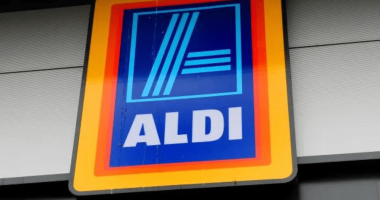SELF-employed workers have been given a huge boost under a major tax shake-up.
The controversial IR35 tax rules will be axed from April next year, Chancellor Kwasi Kwarteng’s emergency mini budget.
The Chancellor announced a raft of measures in today’s package of help including:
The IR35 tax scheme hits self-employed workers who have set themselves up as private companies.
This includes self-employed workers like delivery drivers, building contractors and many others who mainly work for other businesses who are not on the payroll.


Under the current IR35 system, the business that you work for, rather than yourself, is responsible for deciding your tax status.
It can often mean self-employed workers can pay unnecessary costs.
The scheme has been been blamed for hitting contractors, causing employers to avoid using freelancers for fear of large tax bills.
The Chancellor said: “We can also simplify the IR35 rules – and we will.
” Reforms to off-payroll working have added unnecessary complexity and cost for many businesses.
“We will repeal the 2017 and 2021 reforms. Of course, we will continue to keep compliance closely under review.”
Most read in Money
IR35 expert Qdos chief executive Seb Maley said: “Repealing IR35 reform is a huge victory for contractors.
“The changes have created havoc for hundreds of thousands of independent workers, along with the businesses that engage them.”
It is among a raft of measures announced in the mini-Budget today.
Stamp duty has been slashed in a bid to help first-time buyers get on the ladder.
Also confirmed was that the 1.25% point increase to National Insurance will be scrapped from November 6.
The hike was first introduced in April and pushed up rates to 13.25% and 3.25%.


The move will save workers an average of £135 a year in 2022, rising to £330 in 2023-24.
We explain the exact amount your pay will rise to in November here.










